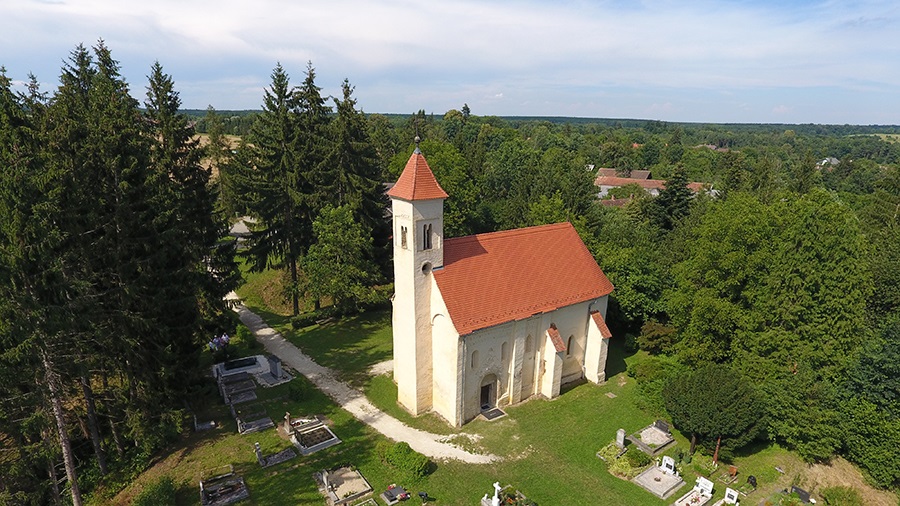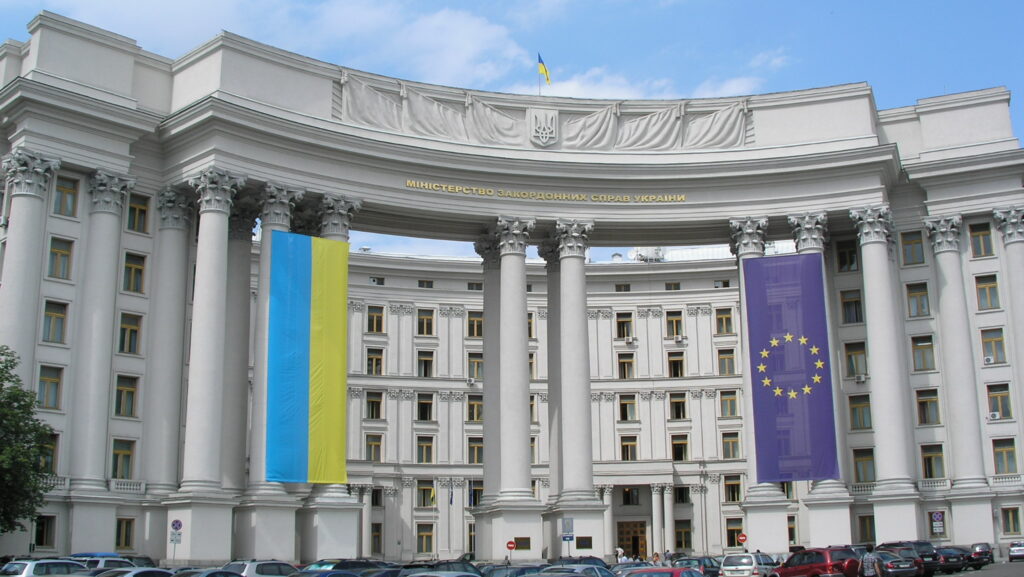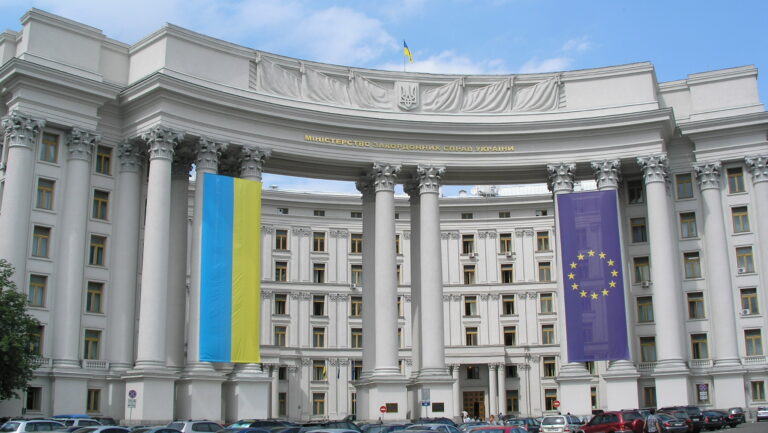Hungary’s Happiness Map was prepared based on more than 30,000 responses that were collected online by Hungarian business website Pénzcentrum in a 6-week-long period at the end of 2022. The non-representative survey mapped Hungarians’ happiness in general, and questions were also asked about how secure people felt financially and how satisfied they were with their health status. The voluntary participants were asked to rate their happiness on a scale of 1 to 10.
In regional terms, Western Hungarians living in Vas County are the happiest: the average happiness score in the county is 5.6. Close to this figure are the averages of Western Hungarian Győr-Moson-Sopron County (5.5), Pest County in Central Hungary (5.5) and Budapest (5.5). The least happy parts of the country are Nógrád (4.9, Northern Hungary), Borsod-Abaúj-Zemplén (5, also in Northern Hungary) and Bács-Kiskun (5, South Hungary) counties. The happiness of Hungarian regions largely correlates with the economic prosperity of the respective counties—Western Hungary is more developed and affluent, as opposed to Northern Hungarian regions that are relatively underdeveloped.
While gender and age differences did not significantly influence happiness levels, the level of education of responders seems to be strongly linked to self-reported life satisfaction. The more educated the respondents, the more likely they are to be happy. Respondents with elementary school education rated their happiness on average to be around 4.36, while those with high school education yielded an average of 5.04 points on the happiness scale, compared to respondents with a college or university degree who were the happiest, with a 5.64 and 5.98 average score respectively. Correspondingly, labour activity also had an impact on Hungarians’ happiness. While those unemployed were the least happy responders (4.07), entrepreneurs were the most satisfied with their lives, with an average score of 6.12.
According to the survey, the real concern of Hungarians is that of financial insecurity.
While in the past year Hungarians assessed their financial security to be around 6.57, this year the average dropped significantly, to 4.8. Hungarians feel the most secure about their financial stability in Győr-Moson-Sopron County and in the capital city, while the least confident are the residents of Szabolcs and Nógrád Counties. The above-outlined socio-economic factors had an impact on the sense of financial stability, too. While 33 per cent of elementary school-educated people said that they do not feel secure about their finances at all (scoring 1), only 5.36 per cent of university-educated people chose the same answer. Similarly, while only 3.65 per cent of those with primary education were fully confident about their finances (scoring10), twice as many, 6.22 per cent of respondents with a university degree said they were completely happy with their financial security.
The concerns about financial security and the moderately enthusiastic assessment of overall life satisfaction by Hungarians in 2022 reflect the difficulties the country’s economy is facing. Hungary was hit hard by the consequences of the European Union’s sanctions policy, and the rise in inflation. In November 2022, inflation stood at 22.5 per cent, a significant increase compared to the last ten years when inflation constantly remained well below five percent. Household energy prices increased the most, by an annual 65.9 per cent. On average, the price of foodstuffs increased by 43.8 per cent in 2022. The high inflation rate has clearly had a negative impact on Hungarians’ sense of security and overall happiness, and demonstrates how vulnerable Hungary is to external economic pressures such as the sanctions policy that the EU is pursuing against Russia. The economic turbulence that the sanctions policy has led to in Europe forces Hungarian families to pay for the cost of the conflict.
Read Next








